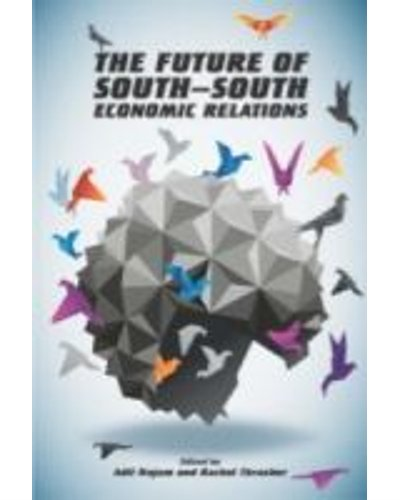HSRC Press
The future of South-South economic relations
The future of South-South economic relations
Couldn't load pickup availability
The book presents a forward-looking analysis of South-South economic relations, and how they might impact and be impacted by the rest of the world. It includes a broad array of empirical case studies from across the global south, including Africa, Latin America and, particularly, the rise of China and features a truly global group of authors, both policy practitioners and academics, including leading names in their field. The phrase `South-South cooperation' gained popularity in the 1970s as developing countries negotiated agreements aimed at narrowing the development gap with the North (UNDP 2004). More recently, however, the term has taken on new importance in the face of the global financial downturn and stalled multilateral trade negotiations. The surprising resilience of certain emerging economies and regional integration trends indicate that the global South may yet sit in the driver's seat of the world economy. The discussion reveals three key insights into the nature and future of economic collaboration in the global South. First, and perhaps most transparently, the nature of South-South economic relations extends far beyond simple trade relationships. It involves investment and finance, labour and workforce movement, as well as cooperation in global economic governance. Secondly, the `South', while a helpful category for some analyses, is far from homogeneous. Indeed, a gap seems to be widening between those countries designated `emerging economies' and those which are not. Finally, existing collaboration among Southern countries has had both distinctly positive and negative impacts thus far. Undoubtedly, South-South economic relations have potential for harm and for good. In the absence of directed policies and intentional market and government actors, imbalances of power and growing gaps in development will persist. With the right policies in place and the right incentives in the market, however, these relationships could forge a new global order with greater economic and political equality.
Share
Pages: 240
Publisher: HSRC Press
ISBN: 9780796924346


